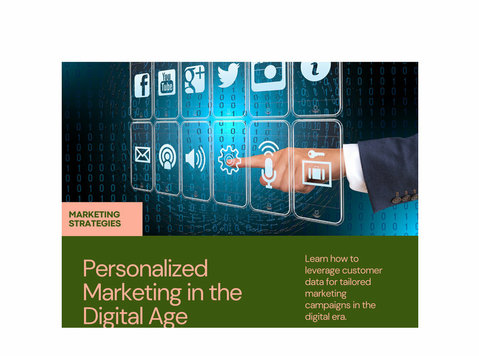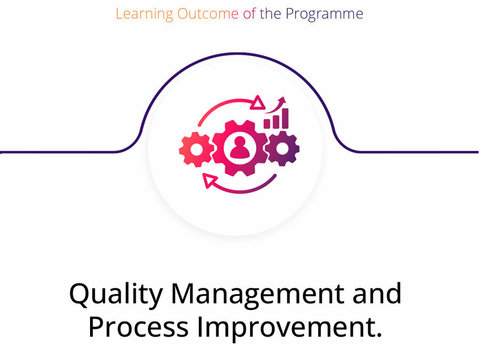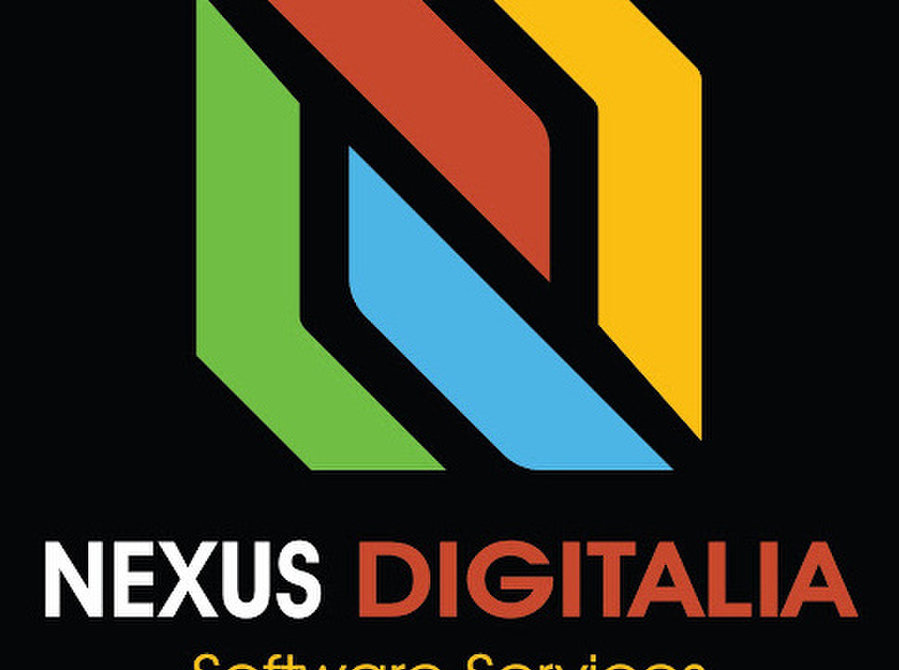Posted in: Services > Other in India | Posted: |
In today's digital age, personalized marketing strategies have become a cornerstone of successful online promotion. Gone are the days of one-size-fits-all marketing campaigns that yield mediocre results. Instead, businesses are increasingly turning to personalized marketing to engage and connect with their target audience on a deeper level. This article explores the concept of personalized marketing, its significance in the digital landscape, and effective strategies to implement for website promotion.
Understanding Personalized Marketing:
Personalized marketing is the practice of tailoring marketing efforts to individual consumers or specific segments of your target audience. It involves leveraging data, insights, and technology to create highly relevant and customized experiences for each customer. The goal is to deliver the right message to the right person at the right time, fostering stronger brand loyalty and higher conversion rates.
The Significance of Personalized Marketing:
1. Enhanced Customer Engagement: Personalization allows businesses to engage customers with content and offers that resonate with their interests and preferences. This not only captures their attention but also keeps them coming back for more.
2. Improved Customer Experience: Customers appreciate brands that understand their needs and preferences. Personalization creates a more enjoyable and relevant shopping experience, boosting overall satisfaction.
3. Higher Conversion Rates: When customers receive personalized recommendations or offers, they are more likely to make a purchase. This translates to increased sales and revenue for businesses.
4. Brand Loyalty: Personalized interactions build stronger emotional connections between customers and brands. Loyalty is cultivated when customers feel valued and understood.
Effective Personalized Marketing Strategies for Website Promotion:
1. Data Collection and Analysis:
- To create personalized experiences, you need data. Collect and analyze customer data, including browsing behavior, purchase history, and demographic information.
- Utilize customer relationship management (CRM) systems and analytics tools to gain insights into customer preferences.
2. Segmentation:
- Divide your audience into segments based on shared characteristics or behaviors.
- Create tailored marketing campaigns and content for each segment to ensure relevance.
3. Behavioral Targeting:
- Implement behavioral targeting to deliver personalized content or product recommendations based on a user's previous interactions with your website.
- For example, recommend products related to items they've viewed or purchased.
4. Email Personalization:
- Craft personalized email campaigns that address recipients by their names and offer content or promotions tailored to their interests.
- Use dynamic content blocks to display different content to different segments of your email list.
5. Recommendation Engines:
- Implement recommendation engines on your website to suggest products or content to users based on their past interactions.
- These engines use algorithms to predict what users are likely to be interested in.
6. Personalized Landing Pages:
- Create landing pages that dynamically change based on the source of traffic or user behavior.
- Tailor the content and offers to match the visitor's context.
7. Social Media Personalization:
- Leverage social media platforms to deliver personalized content and advertisements to users based on their interests and interactions.
- Use retargeting campaigns to re-engage users who have visited your website.
8. Personalized Content Marketing:
- Develop content that speaks directly to the pain points, interests, and aspirations of your target audience segments.
- Share relevant blog posts, videos, and other content that resonates with each group.
9. A/B Testing:
- Continuously test and refine your personalized marketing efforts to optimize performance.
- A/B testing allows you to determine which personalized elements are most effective in driving engagement and conversions.
10. Feedback and Surveys:
- Collect feedback from customers to gain insights into their preferences and satisfaction levels.
- Use this feedback to further refine your personalized marketing strategies.
Conclusion:
Personalized marketing is not just a trend; it's a necessity in the digital age. Customers expect businesses to understand their needs and deliver tailored experiences. By implementing personalized marketing strategies, you can engage your audience more effectively, improve the customer experience, and ultimately drive website promotion success. Embrace the power of personalization, and watch your online presence flourish.
Contact this advertiser






